Reaperrayven - Crazy Shit
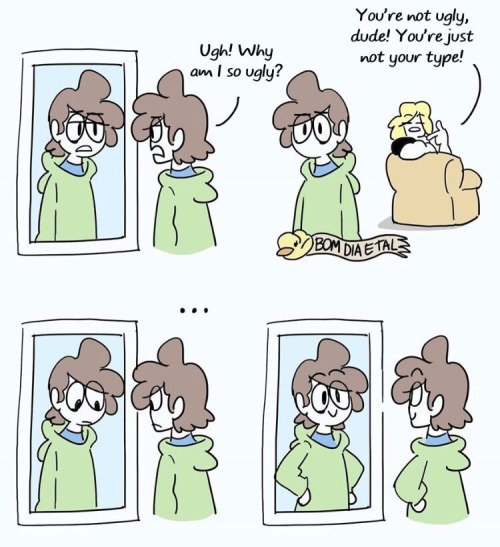
More Posts from Reaperrayven and Others

happy pride month!!!
![Nothing About Us Without Us. Image Description: [pale Purple And Yellow Background With Dark Text]](https://64.media.tumblr.com/04b90f7b75fb83a513e7ec743920a1be/tumblr_o4i6rwl6jV1r73x6go1_500.jpg)
Nothing about us without us. Image description: [pale purple and yellow background with dark text] This April, don’t support an organization that harms autistic people. [crossed out logo for Autism Speaks] Support one built by autistic people, for autistic people. [logos for the Autistic Self Advocacy Network and the Autism Women’s Network]
PSA if you’re medicated or are new to medication: do not stop medicating cold turkey without supervision from your psychiatrist or without letting them know you’d like to quit. these things need to be done gradually, doing it abruptly can fuck you up really, REALLY bad, long term. please please please don’t be reckless about your mental health.
not gonna deny this, just gonna say it’s a shame that people with “black” skin are still getting sh*t on by what probably feels at times like the whole rest of the world, so to all the people who deny this or think we’re blowing things out of proportion: SQUARE UP BUTTERCUP!
Descendants of black slaves owned by Native Americans are being denied their rights...

“It’s about color, and when it comes down to it, they don’t want the black people to have anything” - Opal Jackson, Freedmen descendant
A little discussed past
Every summer at Tahlequah, Oklahoma, the Cherokee Indians sponsor their Trail of Tears pageant. The story of how the US government robbed the five tribes of their homelands in the south and moved them by force to Oklaholma. They don’t tell of the thousands of black slaves the tribes brought with them.
A history of slave ownership and African-Natives

Most of the ‘Five Civilized Tribes’ were slave holding nations.
Slavery was introduced by white slave owners into the upper echelons of Native nations. Most full-blooded Natives weren’t slave owners, rather the ‘mixed-bloods’, the people who lived like white planters, were. Masters frequently raped their female slaves. Those slaves had children who would go on to be known as the Freedmen.
After the Civil War and the abolition of slavery, a treaty was signed with the federal government in 1866. In this agreement, four of five tribes guaranteed full tribal citizenship for former slaves.
The treaty clearly says that former slaves ‘shall have all the rights of Natives’.
Despite this, the Freedmen are still fighting for their rights to this day.
Current struggles of the Freedmen
“We are still being treated the way that they was treating us back then. This is something that needs to come to an end” - Sylvia Davis, Seminole Freedmen.

Sylvia is proud of her Native heritage and sits on the Seminole tribal council. Despite this, she has encountered constant racism and hostility.
In tribal meeting, Sylvia says “I had a tribal member sit across from me using the word ‘nigger’ and then the Chief of the Seminole Nation, standing at the podium, with a smile on his face. I do have a name. My momma didn’t name me no ‘nigger’. My name is Sylvia and you can address me by that name”.

Theola Jones is a “proud member of the Seminole Nation”. Her two sons were recruited and accepted by the Haskell Indian Nations University because of their talents in football and basketball and their Seminole heritage but were denied access to the library and infirmary because they have black ancestry.
Despite being awarded “all the rights of Natives” in 1866, Freedmen continue to struggle for their rights and recognition.
Many are now being denied tribal citizenship, especially by the Cherokee Nation, and are purposefully excluded from any of the benefits, opportunities and revenue that are extended to all other recognised tribal citizens.
There are roughly 30,000 Cherokee Freedmen descendants today.
“When you know what you really are and you haven’t been embraced or acknowledged, it’s horrible’ - Kenneth Payton, Freedmen descendent
The removal of rights after 117 years of citizenship

From 1866 Freedmen were generally considered to be full tribal citizens. In the late 1970s federal services and benefits such as free health care were awarded to federally recognized tribes.
As members of the Cherokee Nation, federal benefits and services were also provided to the Cherokee Freedmen.
Efforts to block the Freedmen descendants from the tribe began in 1983, after over a century of recognition. The Principal Chief of the Cherokee Nation issued an executive order stating that all Cherokee Nation citizens must have a “Certificate of Degree of Indian Blood” card in order to vote and be recognised.
The One-Drop Rule
The CDIB cards were made to be based on a specific federal census taken between 1902 and 1906. The problem is, this census was conducted under the ‘one drop’ rule.
They would simply look at the people being registered, and if they seemed like they had any black blood whatsoever they were classified as being strictly of African descent, even though they were socially, culturally and genetically Native.
Everyone else was put on a ‘blood roll’ where their quantum, or amount of native blood compared to white blood, was recorded.
It should be noted that like many people, the Cherokee Chief at the time was one-eight native and seven-eights white, yet on this treaty he would be regarded as a full Native with all the rights that the status brings with it.
This meant that no Freedman could possibly be allowed citizenship, even if they could document their heritage, and led to the completed the disfranchisement of the Cherokee Freedmen descendants, which was the intention.
Despite numerous court cases and appeals, this remains the case to this day.
Thank you, now if only more people would listen when someone asks them to use a particular set of pronouns or a different name than the one they are used to.
I’m all for serious conversations about fragile masculinity and how it perpetuates sexism. But don’t pretend that poking at a transman’s “fragile masculinity” and making fun of him for it is at all the same thing. It’s just transphobia under a different name.
Reblog if school has ever made you;
• have an anxious/ a panic attack • cancel out basic needs to do work (showering, eating, etc) • feel depressed • feel isolated/ ignored • feel like education is a burden • stressed to the point of tears
(doesnt have to be all)
im trying to prove a point to my friend who disagrees with it all
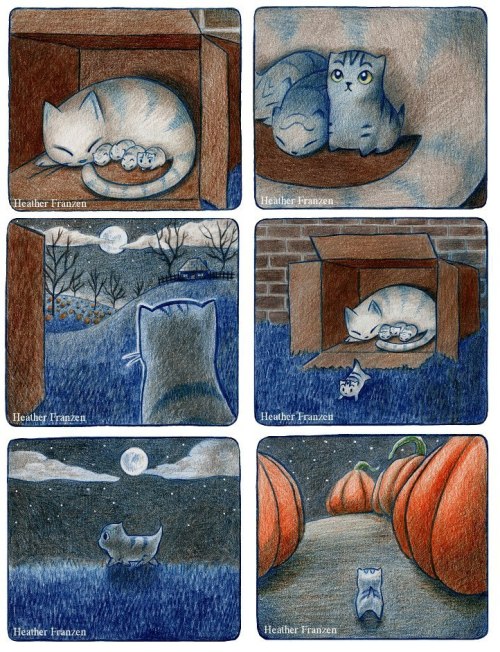



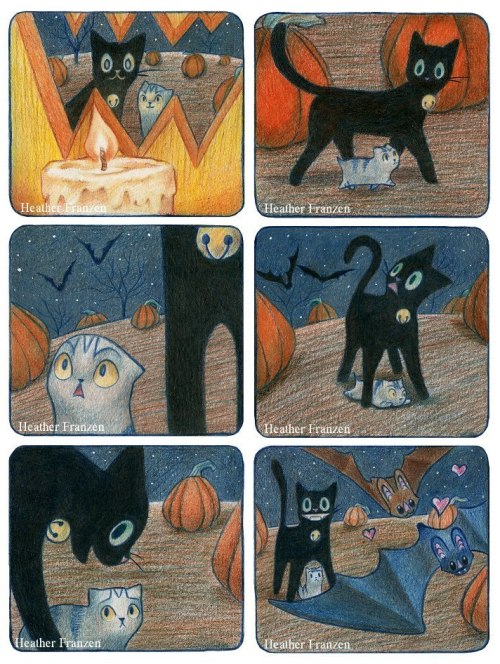
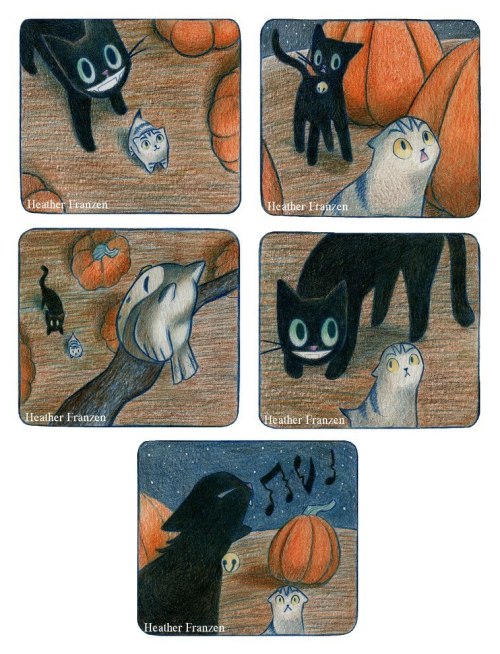
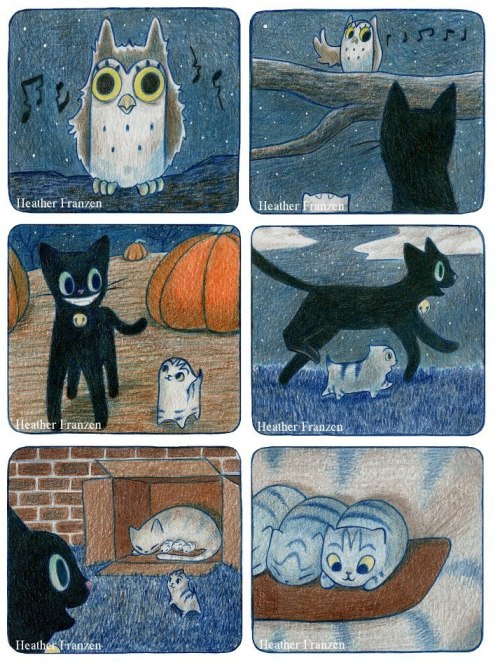

mood

End Discrimination
Yesterday was World Hijab Day, did you help to end discrimination? I did and here I am in my new Hijab.

this looks delicious

gin
soda
sweet berry syrup
blackberries
rosemary
-
 8starshadow8 liked this · 4 months ago
8starshadow8 liked this · 4 months ago -
 gaiasblueearth reblogged this · 6 months ago
gaiasblueearth reblogged this · 6 months ago -
 bye-bye-sugar-blue-eyes reblogged this · 8 months ago
bye-bye-sugar-blue-eyes reblogged this · 8 months ago -
 bye-bye-sugar-blue-eyes liked this · 8 months ago
bye-bye-sugar-blue-eyes liked this · 8 months ago -
 ae-fond-seeker liked this · 9 months ago
ae-fond-seeker liked this · 9 months ago -
 adriyelchan reblogged this · 9 months ago
adriyelchan reblogged this · 9 months ago -
 submasfan liked this · 9 months ago
submasfan liked this · 9 months ago -
 nostalgicdystopia reblogged this · 9 months ago
nostalgicdystopia reblogged this · 9 months ago -
 thefreelanceangel liked this · 9 months ago
thefreelanceangel liked this · 9 months ago -
 rabbithub liked this · 9 months ago
rabbithub liked this · 9 months ago -
 withintransigence reblogged this · 9 months ago
withintransigence reblogged this · 9 months ago -
 dungeonmistressclara reblogged this · 9 months ago
dungeonmistressclara reblogged this · 9 months ago -
 portrait-of-a-dying-planet reblogged this · 9 months ago
portrait-of-a-dying-planet reblogged this · 9 months ago -
 ser-corviknight reblogged this · 9 months ago
ser-corviknight reblogged this · 9 months ago -
 kelpiemomma reblogged this · 9 months ago
kelpiemomma reblogged this · 9 months ago -
 justahappycloud liked this · 9 months ago
justahappycloud liked this · 9 months ago -
 cryptids-and-starlight reblogged this · 9 months ago
cryptids-and-starlight reblogged this · 9 months ago -
 red1sweird reblogged this · 9 months ago
red1sweird reblogged this · 9 months ago -
 theoutsanityshoppe reblogged this · 9 months ago
theoutsanityshoppe reblogged this · 9 months ago -
 daedricprincessorigin liked this · 9 months ago
daedricprincessorigin liked this · 9 months ago -
 rahatlin reblogged this · 9 months ago
rahatlin reblogged this · 9 months ago -
 rahatlin liked this · 9 months ago
rahatlin liked this · 9 months ago -
 kingkaibosh reblogged this · 9 months ago
kingkaibosh reblogged this · 9 months ago -
 eorzeanflowers liked this · 9 months ago
eorzeanflowers liked this · 9 months ago -
 wandringaesthetic liked this · 9 months ago
wandringaesthetic liked this · 9 months ago -
 vetinarivisuals liked this · 9 months ago
vetinarivisuals liked this · 9 months ago -
 vetinarivisuals reblogged this · 9 months ago
vetinarivisuals reblogged this · 9 months ago -
 voidsentprinces reblogged this · 9 months ago
voidsentprinces reblogged this · 9 months ago -
 idkanythinganymore reblogged this · 10 months ago
idkanythinganymore reblogged this · 10 months ago -
 cheesebuiscuit liked this · 10 months ago
cheesebuiscuit liked this · 10 months ago -
 room-on-broom liked this · 10 months ago
room-on-broom liked this · 10 months ago -
 tsururoach liked this · 11 months ago
tsururoach liked this · 11 months ago -
 lady-lancer reblogged this · 11 months ago
lady-lancer reblogged this · 11 months ago -
 chibifoxai reblogged this · 11 months ago
chibifoxai reblogged this · 11 months ago -
 sizhune reblogged this · 11 months ago
sizhune reblogged this · 11 months ago -
 iolitemoth liked this · 1 year ago
iolitemoth liked this · 1 year ago -
 itsbansheebitch reblogged this · 1 year ago
itsbansheebitch reblogged this · 1 year ago -
 banshee-list-008 reblogged this · 1 year ago
banshee-list-008 reblogged this · 1 year ago -
 itsbansheebitch liked this · 1 year ago
itsbansheebitch liked this · 1 year ago -
 thelinkingarms liked this · 1 year ago
thelinkingarms liked this · 1 year ago -
 rafespeaks reblogged this · 1 year ago
rafespeaks reblogged this · 1 year ago -
 gronkle reblogged this · 1 year ago
gronkle reblogged this · 1 year ago -
 curlyhuey reblogged this · 1 year ago
curlyhuey reblogged this · 1 year ago -
 mrbrvto liked this · 1 year ago
mrbrvto liked this · 1 year ago -
 cybermax reblogged this · 1 year ago
cybermax reblogged this · 1 year ago -
 dirgeofcerberus111 reblogged this · 1 year ago
dirgeofcerberus111 reblogged this · 1 year ago
